As women, we spend a lot of time thinking about heart health, flexibility, and keeping fit. But one thing that quietly deserves more attention is bone health.
After about age 35, our bone density naturally starts to decline, and that process speeds up after menopause. The great news? You don’t need to become a gym junkie or start leaping onto boxes to support your bones. Small, intentional impact movements (yes, even light jumping!) and a simple tool like a weighted vest can make a difference.
Let’s break down how this works, and how to do it safely, even if you’re not super sporty.
Key Takeaways
- Bone density naturally declines after age 35, especially post-menopause, but impact and resistance training help slow this process.
- Weighted vests add small amounts of load (about 5–10% of body weight) to make walking and bodyweight exercises more effective for bone strength.
- Studies show that weighted vest workouts with gentle impact, like hopping or stair climbing, can help maintain or improve hip bone density.
- Start gradually: warm up, use light weight, and focus on posture and control rather than intensity.
- Short, consistent sessions—2–3 times a week—support stronger bones, balance, and mobility.
- Combine weighted vest training with good nutrition, vitamin D, and strength work for full-body bone health.
Why Bones Need a Little Impact
Bones are living tissue, they respond to movement and load. Every time you land, lift, or push against gravity, your bones receive signals to stay strong and renew themselves.
From our mid-30s onward, bone density naturally starts to decline. For women, the drop becomes faster after menopause, increasing the risk of osteopenia or osteoporosis.
The great news? Impact and load-bearing activities, like walking, climbing stairs, or gentle hopping, give bones the stimulus they need to stay dense. That’s where a weighted vest comes in.
What’s a Weighted Vest (and Why Use One?)
A weighted vest is a comfortable, adjustable vest that adds small amounts of extra load to your body (typically 5–10%) of your body weight.
You can wear it during:
- A walk or stair session
- Bodyweight strength training
- A few rounds of light jumping or hopping
That slight extra resistance helps your bones and muscles work just a bit harder, which over time can help improve bone strength, balance, and posture.
Many women love weighted vests because they make exercise more effective.
The Science (Made Simple)
Several studies show that weighted vest exercise, especially when combined with light impact (like jumping or hopping), helps maintain or improve hip bone mineral density – a key area for women’s bone health.
- In one long-term study, postmenopausal women who performed jump training with a weighted vest three times per week maintained hip bone strength compared to those who didn’t.
- Other research shows that adding small amounts of external load (via a vest) improves muscle strength, balance, and mobility – all crucial for reducing fall risk.
While results vary between studies (some show bigger gains than others), the overall message is clear:
Movement with impact and resistance is good for your bones, and a weighted vest makes that stimulus easy to achieve... even at home.

How to Start (Safely and Confidently)
If you’re new to impact exercise, the goal is gradual, gentle progress. You don’t need to jump high or go heavy to get results.
Step 1: Warm Up (3–5 minutes)
- March in place
- Arm circles and shoulder rolls
- Calf raises
- Easy squats or lunges
Step 2: Add Your RUKVEST
Start with 5 - 10% of your body weight. Make sure it fits snugly and doesn’t bounce when you move.
Step 3: Try a “Bone Boost” Mini Circuit
You can do this at home or outside:
-
10 light hops (soft knees)
-
10 side-to-side hops
-
8 step-ups on a low step
-
Repeat for 2 rounds with rest as needed
Step 4: Strengthen After Impact
Follow your hops with a few resistance moves:
-
10–12 squats (with or without vest)
-
8–10 lunges per leg
-
10 wall push-ups or band rows
Just 2–3 short sessions per week is enough to make a difference.
Safety Tips for Success
-
Always warm up and focus on good posture.
-
Avoid high-impact moves if you have joint pain, poor balance, or osteoporosis. Instead, start with vested walks or stair climbs.
-
Increase weight very gradually over weeks or months.
-
Prioritise control and form over intensity.
-
Check with your doctor or physio before starting if you have bone, joint, or balance concerns.
Beyond Exercise: Whole-Body Bone Health
Strong bones come from more than just movement. Make sure you’re also:
-
Getting enough calcium (from dairy, greens, or fortified foods)
-
Getting vitamin D (from sunlight or supplements if needed)
-
Eating adequate protein
-
Doing strength training at least twice weekly
-
Including balance and mobility work (like yoga or single-leg exercises)
These habits all work together to keep you strong, steady, and confident as you age.
The Bottom Line
You don’t have to jump high, lift heavy, or join a gym to protect your bones.
A weighted vest like the RUKVEST can help you build stronger bones, better posture, and lasting strength with just a few sessions each week.
Shop RUKVEST Weighted Vests to start your bone health journey today.



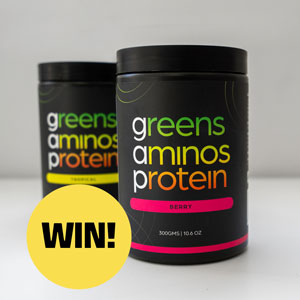
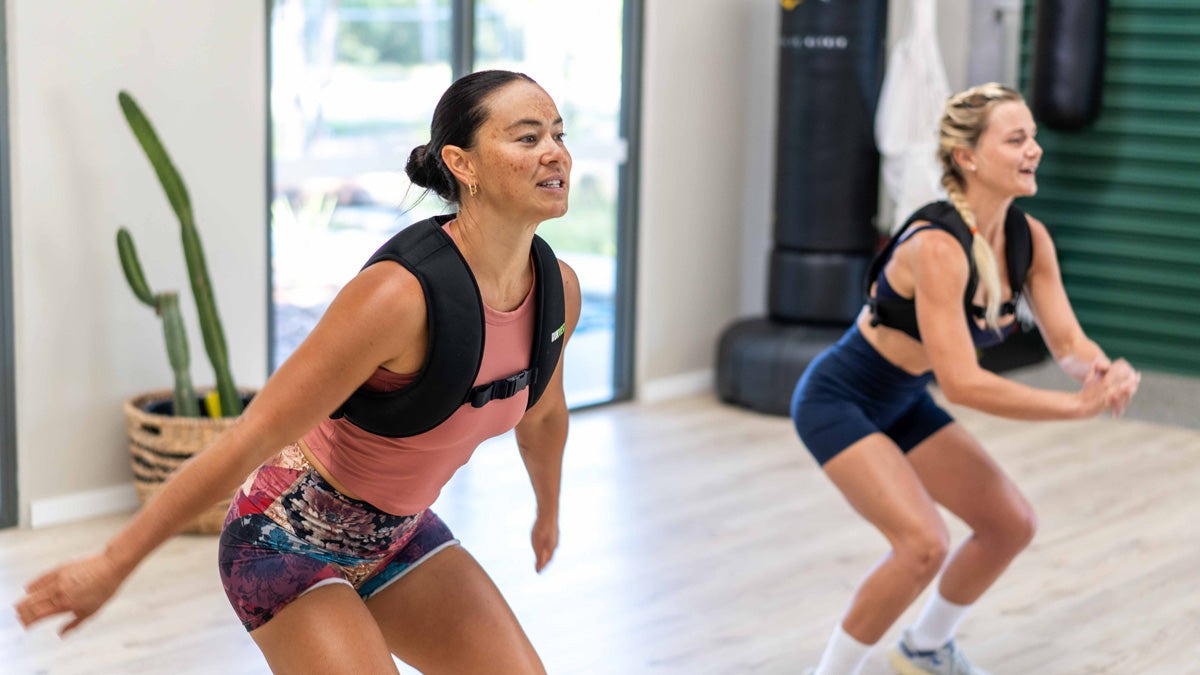
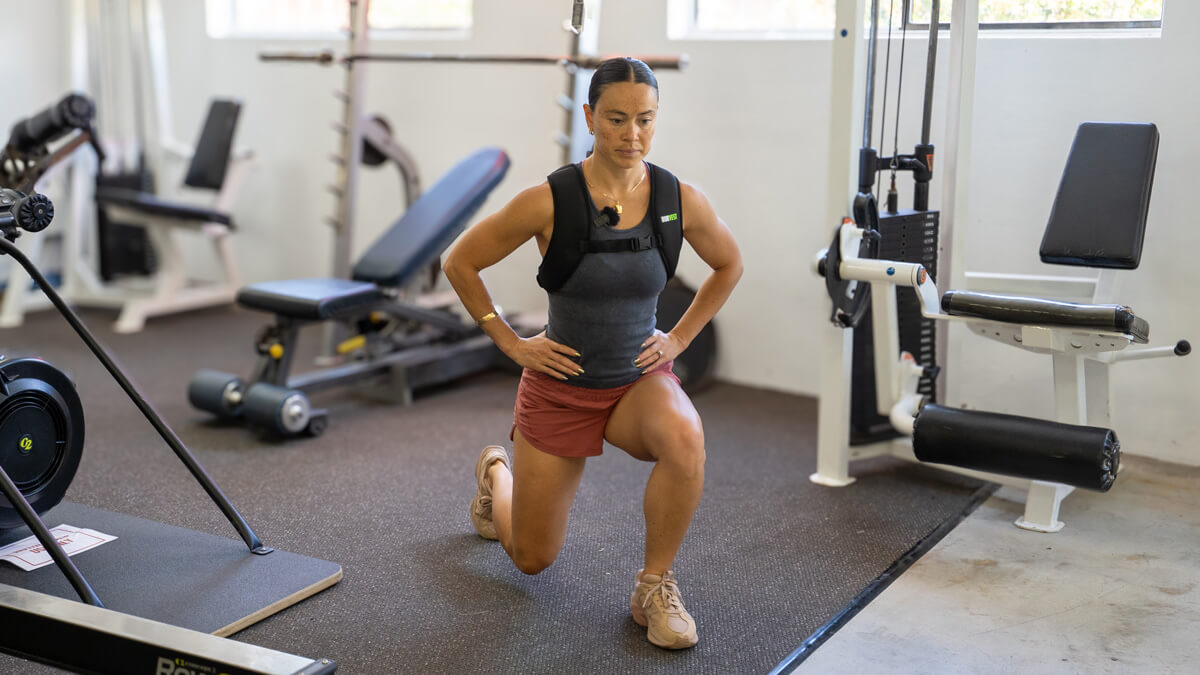
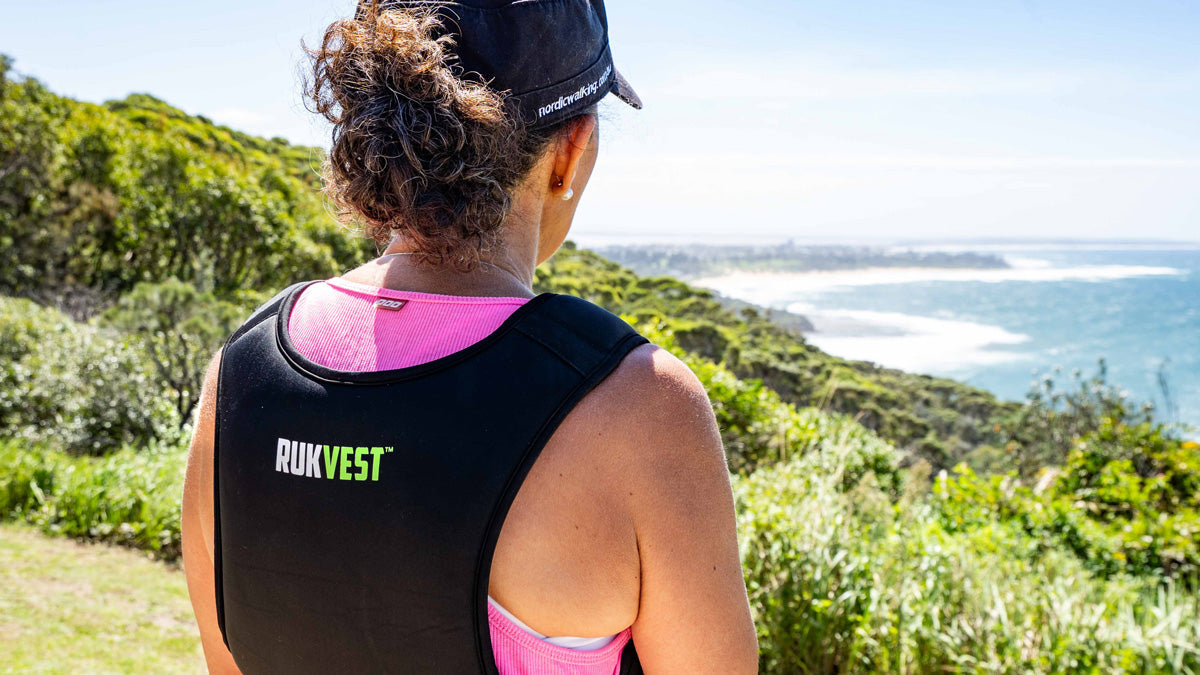
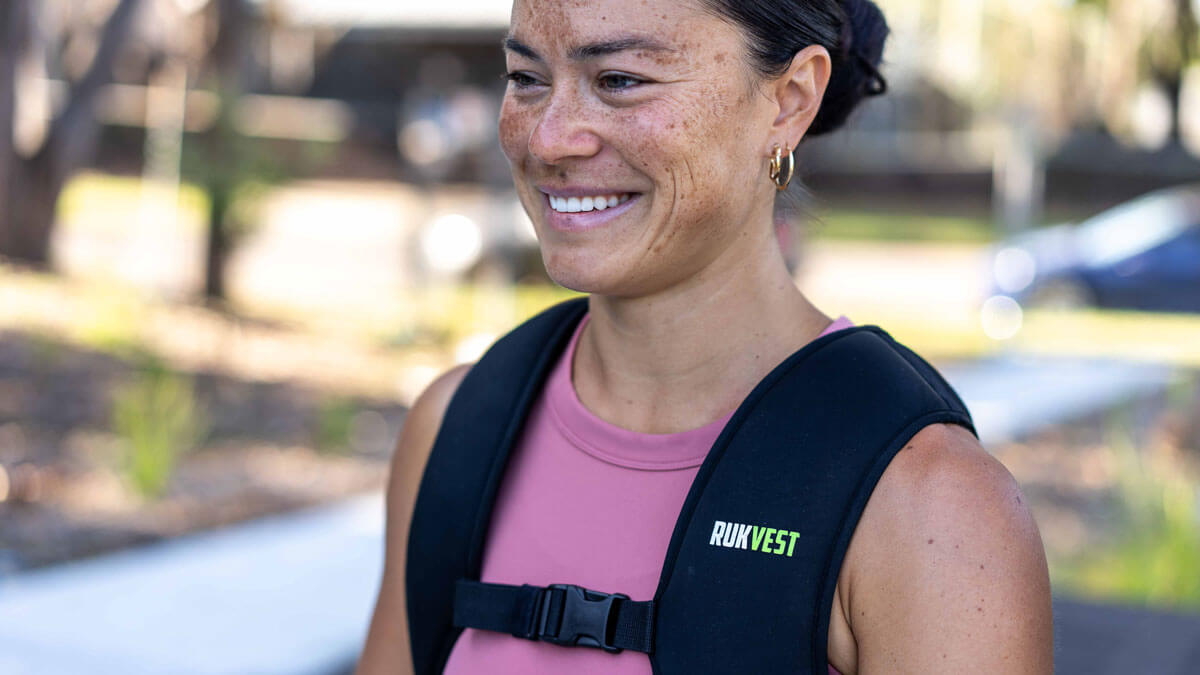
Share:
Cheap Weighted Vest? Why Quality Matters More Than You Think
Choosing the Right Weighted Vest Filling (and Why to Avoid Granular Iron Sand)